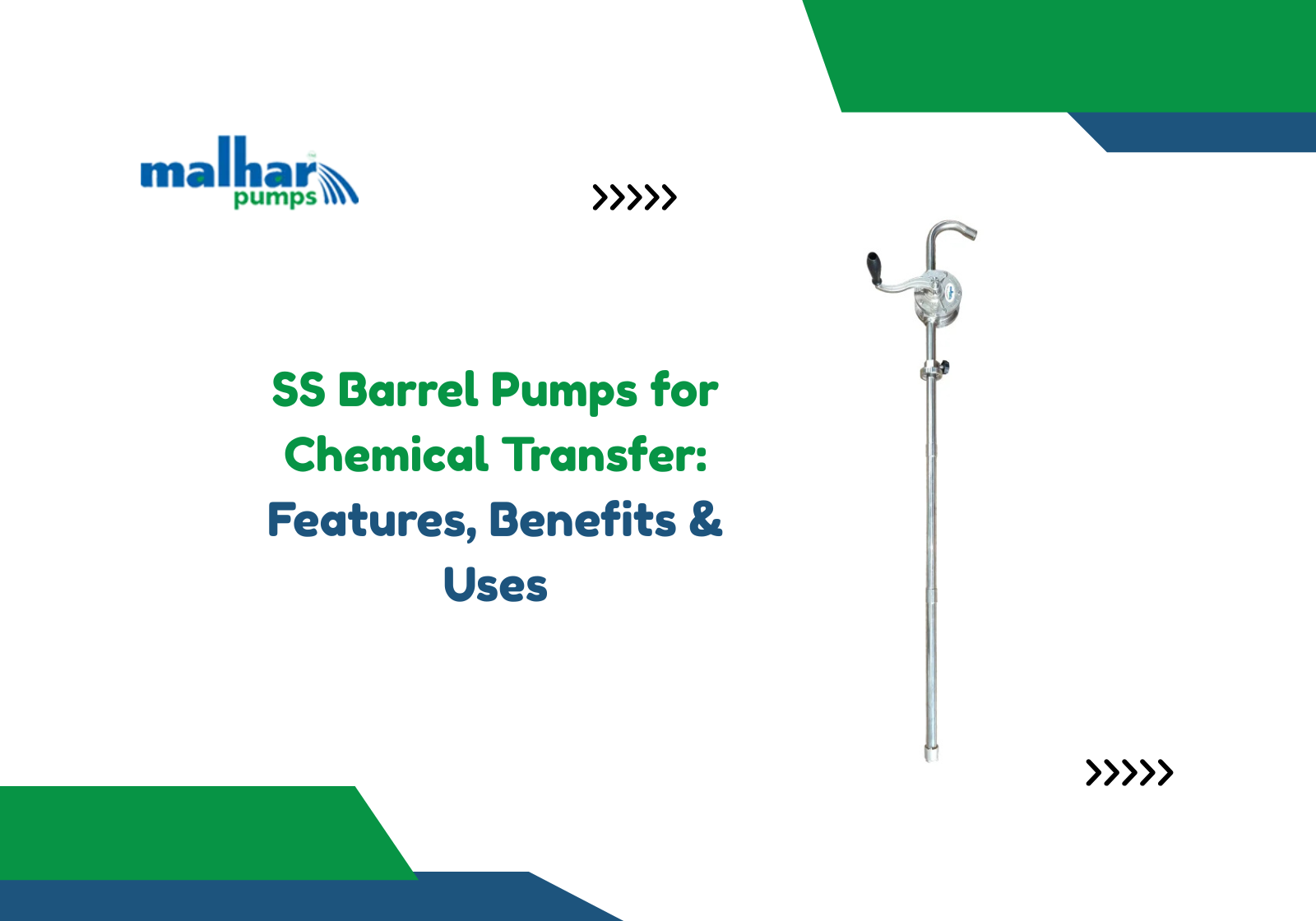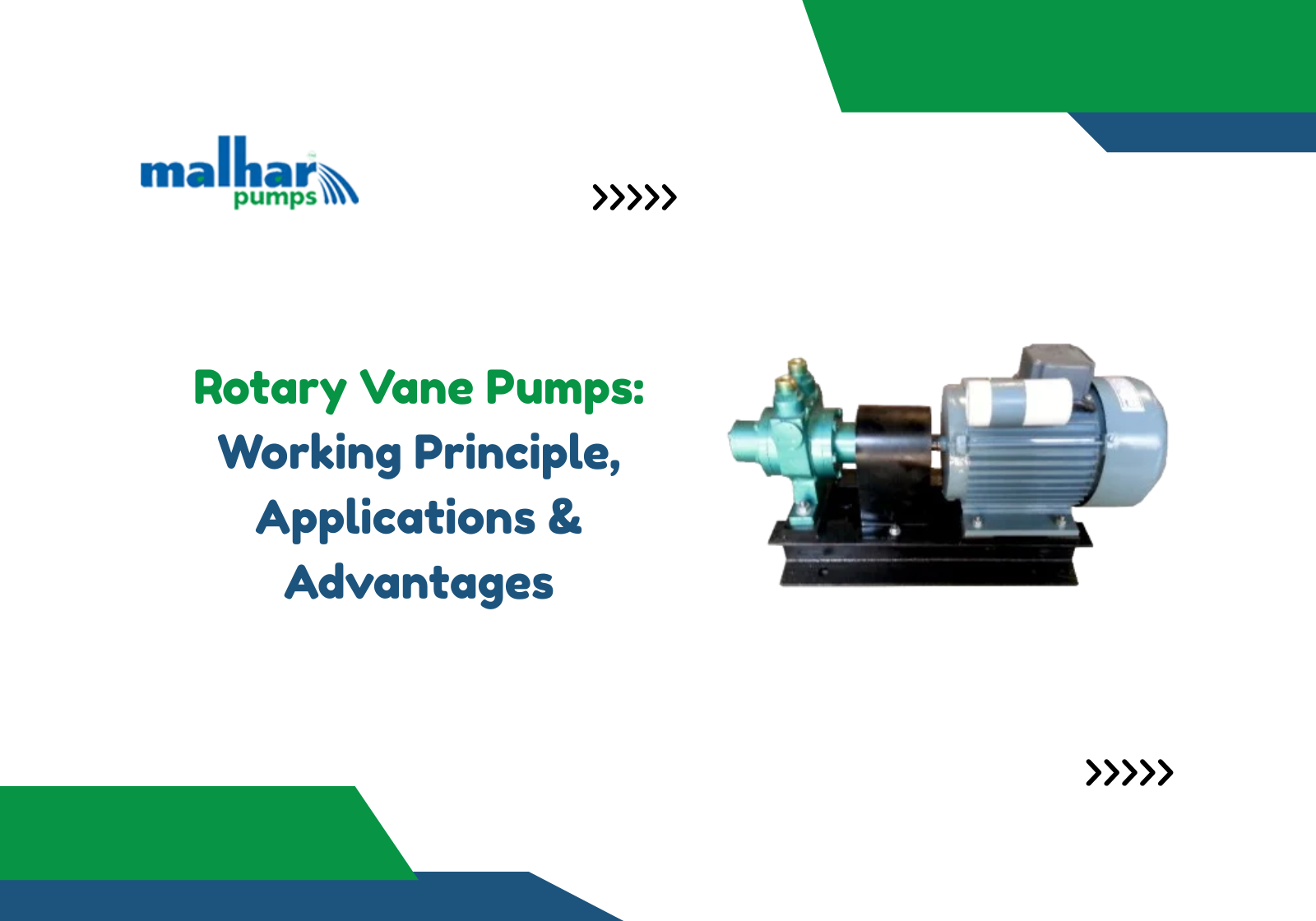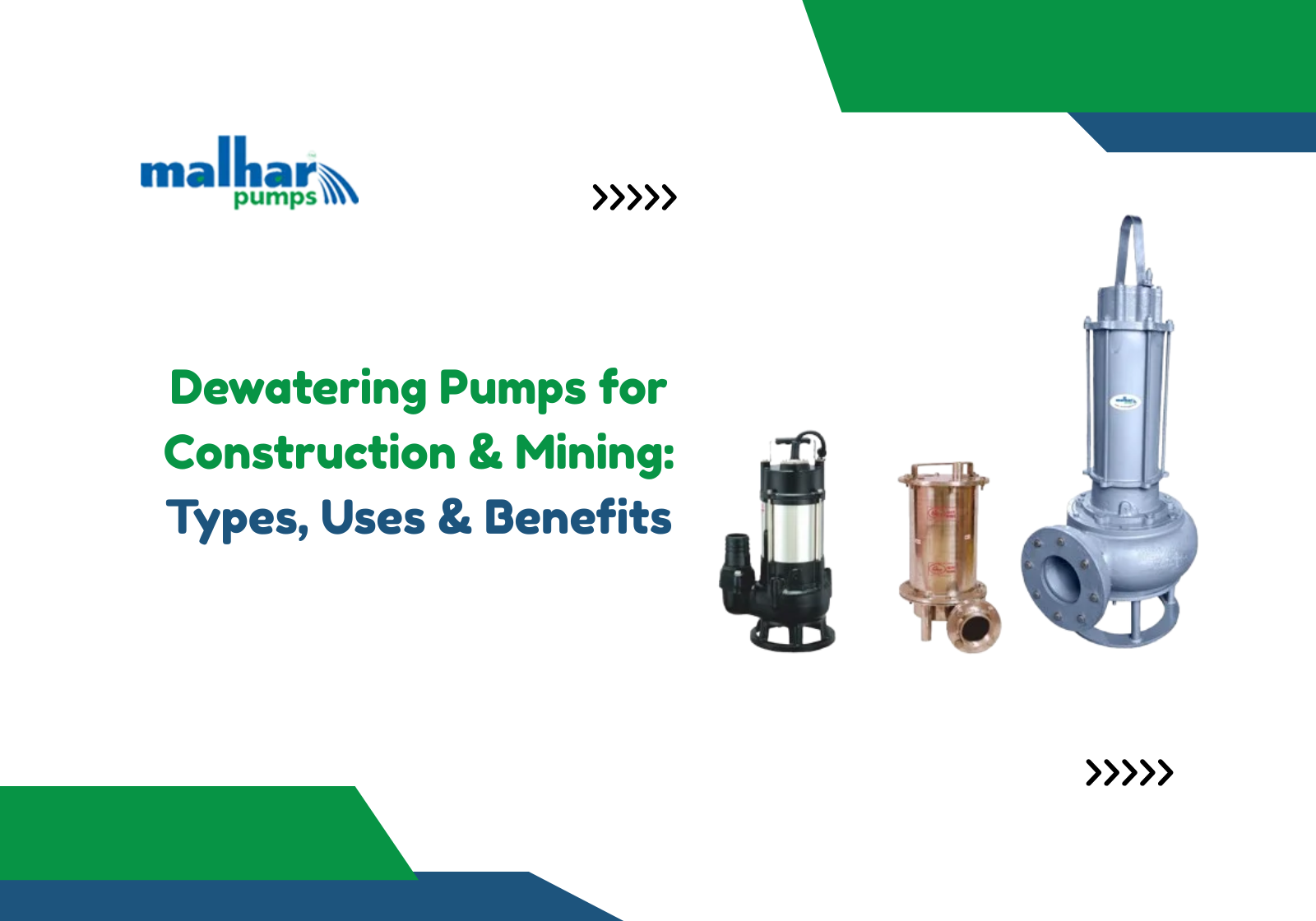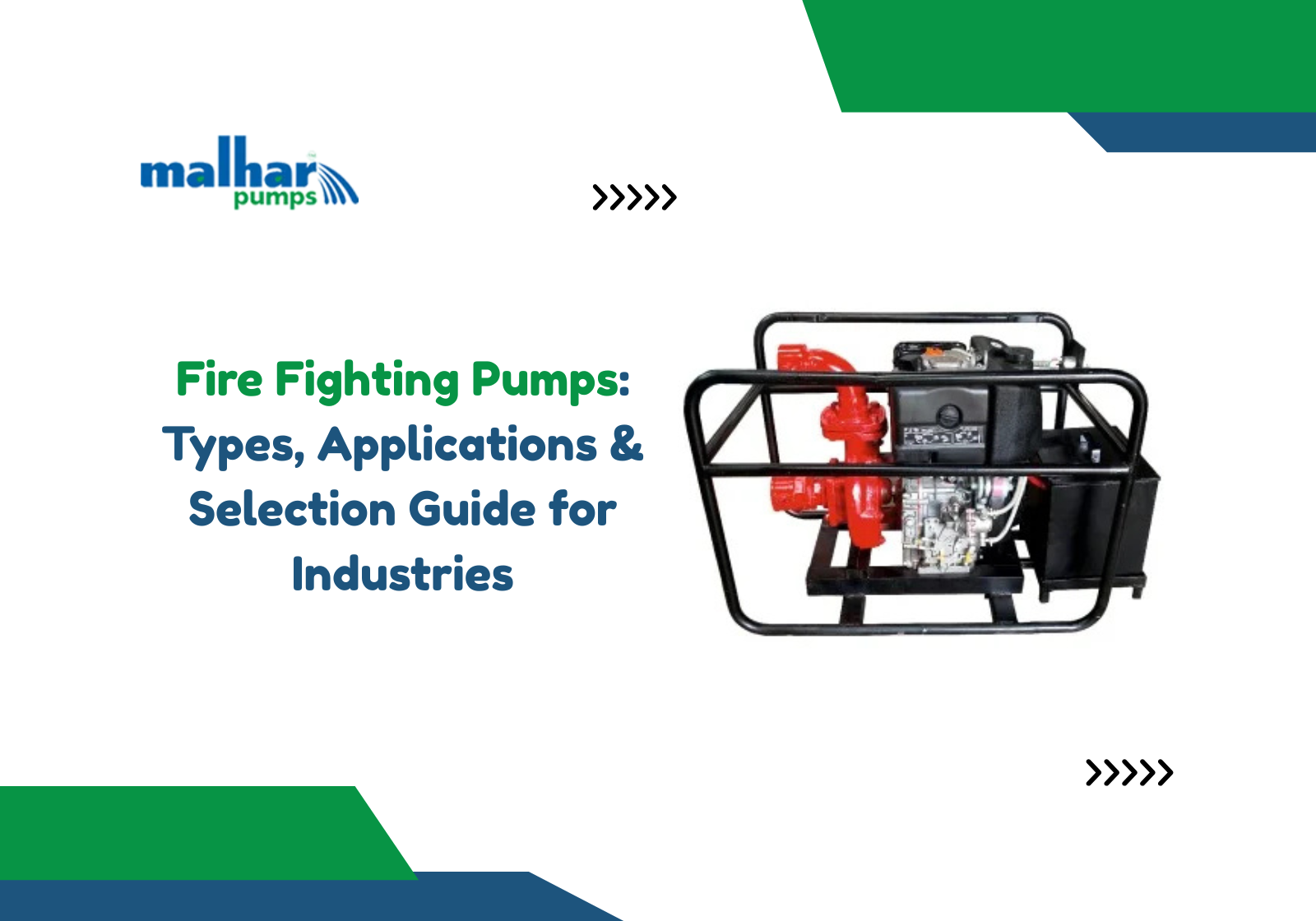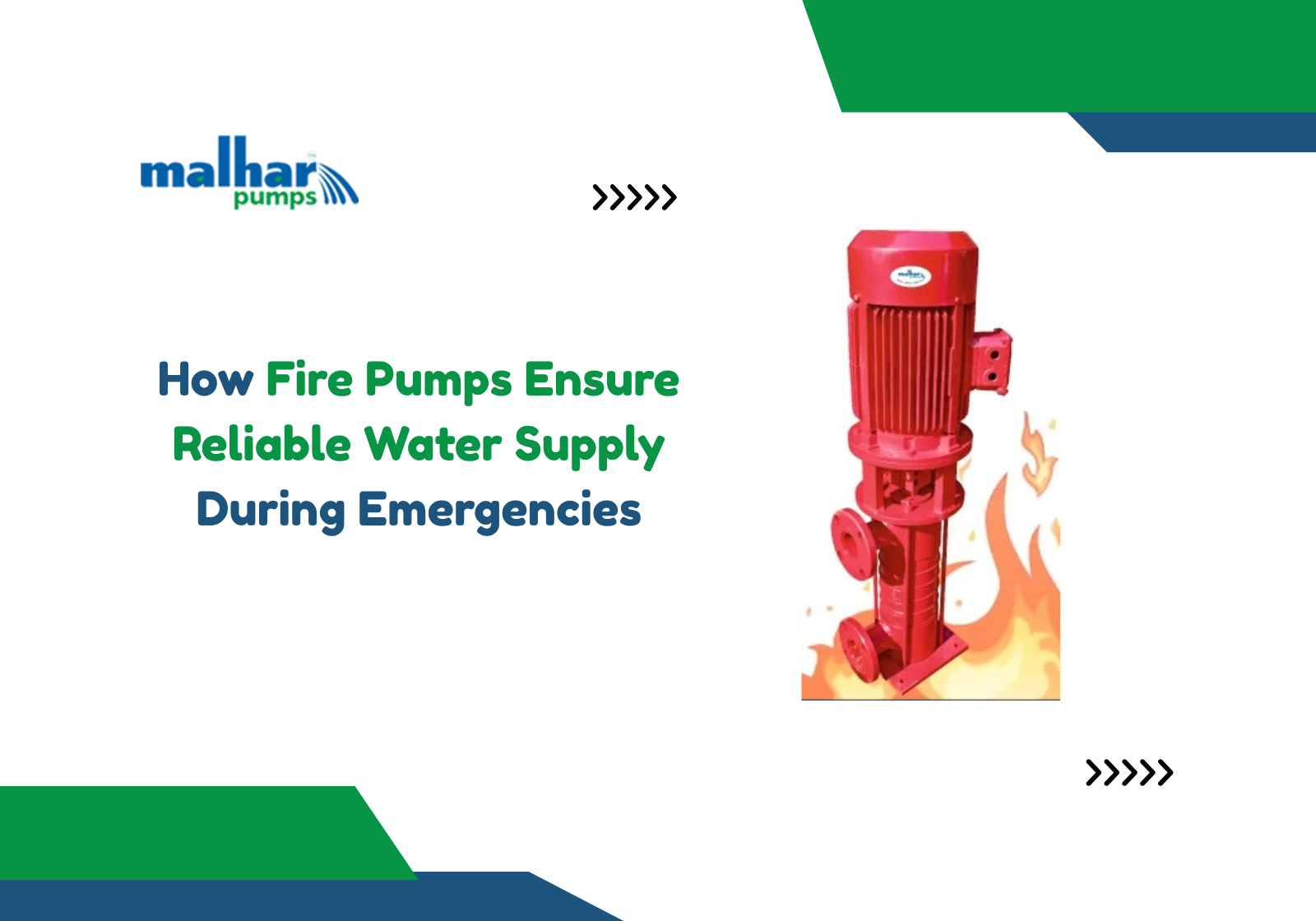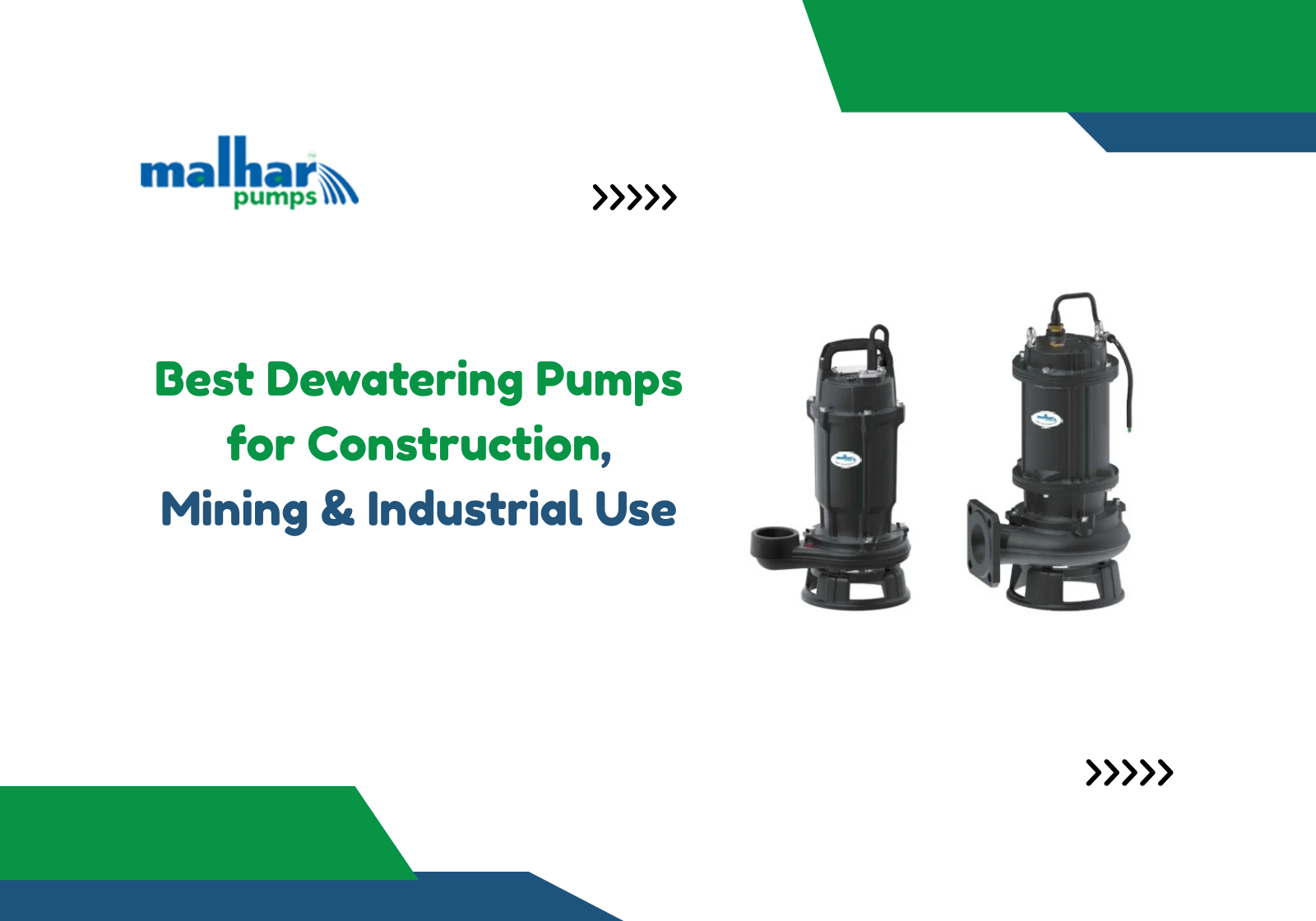A floating pump is a useful addition to contemporary water management systems, particularly in places with varying water levels or restricted access.
Installed immediately on the water’s surface, this kind of pump avoids the dirt and particles that are usually present at the bottom by floating and drawing water from just below the surface. These pumps are perfect for usage in lakes, reservoirs, rivers, and ponds because of their versatility.
Advantages of Using a Floating Pump for Water Management
A floating pump provides dependable operation in a range of water levels, easy mobility, and effective water lifting. Here are some benefits you should be aware of.
1. Access to Shallow or Fluctuating Water Sources
The capacity of a Floating Pump to operate effectively even in shallow water is one of its main benefits. While these pumps adapt to the water level to ensure ongoing operation, traditional pumps suffer when water levels fall.
They are therefore ideal for areas that are prone to drought or seasonal bodies of water.
2. Reduced Risk of Blockage and Damage
The sediment and detritus that sink to the bottom are avoided using these pumps, which extract water from just below the surface. It helps keep the pump working smoothly for longer. As a result, the pump lasts longer and doesn’t need much maintenance.
They are particularly well-liked because of this aspect by people looking for dependable solutions from reputable floating pump manufacturers.
3. Easy Installation and Portability
These pumps are simpler to install than fixed pumps, which need a concrete basis or complex configuration. The majority of units are portable and lightweight, enabling them to be moved as needed without the need for large machinery.
They are therefore appropriate for short-term installations, distant farms, or building sites where water supplies could shift.
4. Energy Efficient and Cost-Effective
The pump needs less energy to lift water since it’s nearer the surface, unlike in deep well systems. As a result, operating expenses and power usage are reduced. A floating pump can result in significant long-term savings for industrial or large-scale irrigation applications.
5. Versatile Applications
Numerous industries, including mining, construction, municipal water management, and agriculture, use these pumps. They can easily adjust to a variety of situations and jobs. With several models available from reputable floating pump manufacturers, you can find a unit suited for clean water, muddy water, or even chemical applications.
Why a Floating Pump Is a Smart Choice for Modern Water Systems?
Choosing a floating pump guarantees constant access to water, increased usability, and less maintenance work. Better performance in a variety of environments, such as shallow water bodies or uneven terrain, is made possible by its design. Its energy-saving capabilities further raise the total value.
Final Words
A floating pump may greatly increase system dependability and productivity in today’s environment, when effective water management is essential. With this pump, you may manage a public water project, a farm, or a construction site with reliability and efficiency.
The Malhar Pumps understands the urgent demand for flexible and effective pumping solutions. With our dependable service and premium products, we guarantee that every floating pump will operate at its peak efficiency. Let us assist you in selecting the best option for your water management requirements.
FAQs
1. What is the use of floating pump?
These pumps take surface water from lakes, ponds, or reservoirs to keep water clean and stop dirt or sediment from entering.
2. What are the advantages of pumping system of water distribution?
Pumping systems guarantee dependable supply, flexible placement, constant water pressure, and economical energy use, even in distant or low-pressure locations.
3. Which pump is used for lifting water?
Water from wells, tanks, or underground sources is frequently raised to higher altitudes using centrifugal and submersible pumps.
4. Can you name the three primary kinds of water pumps?
There are three main water pump types: centrifugal, submersible, and positive displacement, each used for different pumping needs.
Follow us on Facebook to know more!


